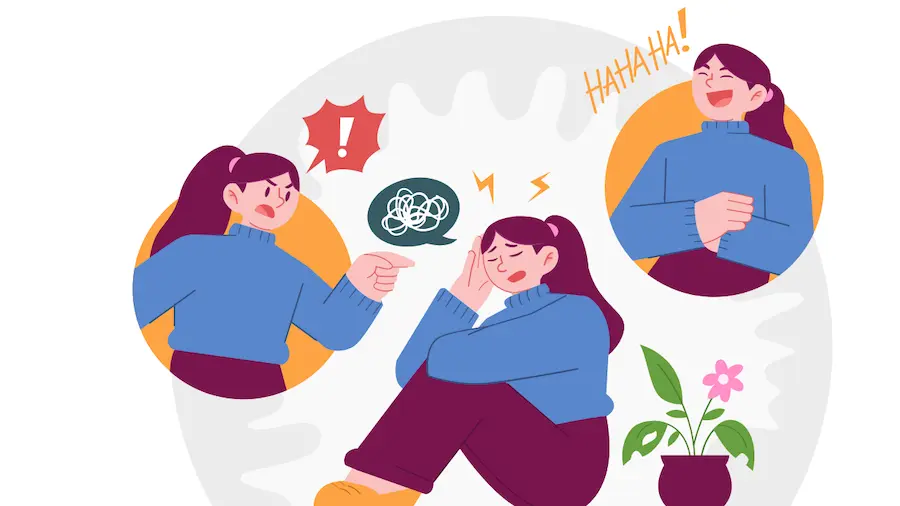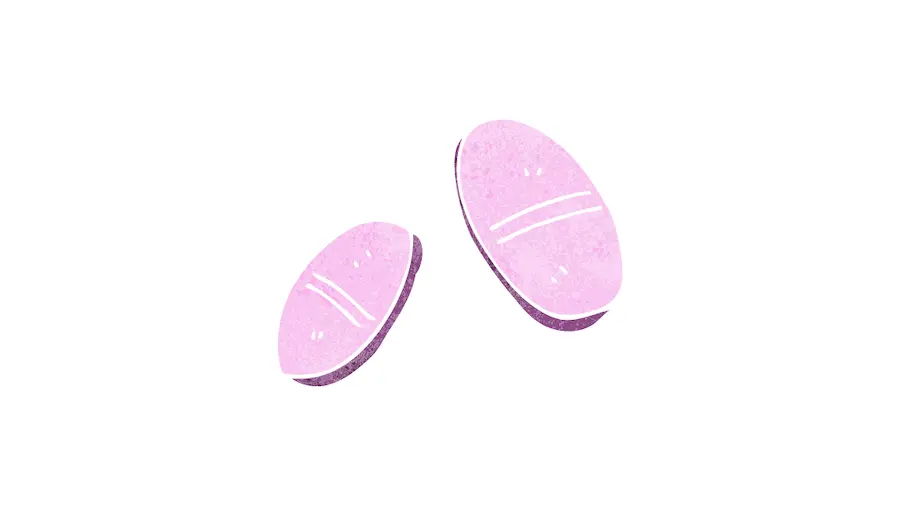Table of Contents
When you are happy you feel so refreshed, joyful, satisfied, and cherished. But have you ever wondered why you feel this way? The feeling of happiness that you get seeing the money to the feeling of warmth that you get while hugging friends. Everything is controlled by your brain. Yes, it’s all about the brain and its chemicals.
Let’s dive more into this and understand the brain chemicals that make you happy and the science behind those moments of joy and contentment. By understanding how these Brain Chemicals work, you get to know how they impact your life every day.
List of Brain Chemicals
Our Brain is a distributed network among itself. It distributes responsibility among various neurotransmitters such as Serotonin, Dopamine, Endorphins, Oxytocin, GABA, and much more. These are the 4 Primary Brain Chemicals also known as D.O.S.E and the 5th one is a special chemical. In total, we will be looking at brain chemicals that drive positive emotions throughout the day.
Serotonin (Mood Stabilizer)
(Pronounced: ser-uh–toh-nin)

Serotonin is a social chemical that works differently from other 3 brain chemicals. It’s involved in feelings of pride, loyalty, and status. When we achieve something or receive recognition from others, that’s where serotonin is at work. Whether you have established a business, achieved a college degree, or been praised or awarded at work, serotonin can create strong positive emotions.
What’s interesting is that serotonin contributes to both sides of social dynamics. It motivates leaders to excel, win awards, and become popular. On the flip side, it also drives their followers to do well, not wanting to disappoint their leader, parent, or teacher, and succeed in life.
The majority of serotonin in your body is located in your gut, specifically in your intestines. Around 90% of serotonin is present in the cells that cover the walls of your digestive system. This serotonin goes into your bloodstream and is taken in by platelets. The brain develops only about 10% of serotonin.
Dopamine (Reward Chemical)
(Pronounced: doh–puh-meen)

Dopamine is another brain chemical, very popular among everyone. It is associated with the feeling of happiness. Feel happiness when you are getting enough likes on Instagram, you are watching your favorite TV show or your salary is credited to your bank account. This happiness is fleeting and won’t last for a long time.
Since it a short-term happiness, it can become addictive. If you have read about the ongoing tech addiction stories, youngsters or adults spend most of their time browsing social media such as Instagram. That’s because it is a source of dopamine also known as Cheap Dopamine (Dopamine that you get easily).
Companies even design their product in such a way that it leads to cheap dopamine and the audiences continue to use it. That’s why experts criticize going behind cheap dopamine as it’s not healthy and beneficial.
Despite being so heavily misused in the world, Dopamine is like a fantastic motivator for your body! It helps you work towards far-off goals, taking one step at a time.
Good dopamine sources would be exercise, hobbies, sports, etc
Endorphins (Natural Pain Relievers)
Pronounced: en-dawr-fins)

Endorphins are like the body’s own painkillers and mood lifters. When the brain senses stress or discomfort, it lets out endorphins to help with pain and make us feel really good. Doing things that make endorphins come out include laughing, having sex, moving around, and even eating spicy foods.
Doing exercise regularly is especially great at making more endorphins released, which is why people talk about the “runner’s high.” This is when you feel super good after exercising. It helps the body to push out of its comfort level and persist even when we might feel like giving up.
When you take away the painful part, endorphins can make you feel really good or just really relaxed. For instance, enduring a cold shower for a minute or two in the morning can give you a big boost of endorphins.
Some people say that the happy feeling you get from a deep belly laugh is because of endorphins. When your stomach muscles contract during a good laugh, it’s like a bit of “pain” that releases feel-good endorphins into your body.
So, how do endorphins relate to other things that make us happy? Well, they’re the reason why exercise is often recommended for stress relief. They’re also why starting a gym routine can help you unwind after a long day at work. Endorphins are especially handy because they are pretty predictable!
Oxytocin (Bonding Hormone)
(Pronounced: ok-si-toh–suh n)

Oxytocin is sometimes called the “love hormone” or the “hugging drug”. It gets released when we have physical contact with someone. Thus it is linked to making friends, trusting others, and feeling close emotionally. It helps create and keep relationships, makes us understand how others feel, and strengthens our sense of being connected. Hugs, talking to someone we care about, and doing nice things for others cause oxytocin to come out.
How do you boost your oxytocin levels? Well, having positive interactions with others is one of the best ways to increase this hormone. Working together, sharing a meal, giving a gift, opening up emotionally, Being friendly, spending good time with people we love, and doing kind things, paying full attention while listening to someone, and giving long hugs are all good ways.
The cool thing about oxytocin is that it often works both ways. So, when you give someone a long hug, both you and the person you’re hugging get a dose of oxytocin. Similarly, a kind gesture not only brings a bit of oxytocin to you but also to the person receiving the gift.
In your quest for happiness, oxytocin can be a great ally. It helps combat stress, improves relationships, and fosters long-lasting positive feelings. There’s even some evidence suggesting that oxytocin might aid in the healing of physical wounds.
GABA (Anxiety Regulator)
(Pronounced: gaa-baa)

Gamma-aminobutyric acid (GABA) is a special hormone in the brain that helps to calm it down and control anxiety. Therefore It is also referred to as an Anxiety Regulator
It does this by countering the effects of other messengers that make the brain excited, which helps us feel relaxed and peaceful. If there isn’t enough GABA, we might feel more stressed and anxious. Doing things like meditation, deep breathing, and getting enough sleep can help keep our GABA levels good and make us feel more at ease in our thoughts.
Conclusion
According to the American Physicist Michio Kaku “The human brain has 100 billion neurons, each neuron is connected to 10 thousand other neurons. Sitting on your shoulders is the
most complicated object in the known Universe”.
When we understand how these brain chemicals such as Serotonin, Dopamine, Endorphins, Oxytocin, and GABA work. Accordingly, we get a better idea of how our emotions work behind the scenes. And can make choices that help us feel happier, better, and more peaceful.
Hope you enjoyed this article. Don’t forget to check more such interesting topics of Wellness only at ConceptDive
Also checkout











